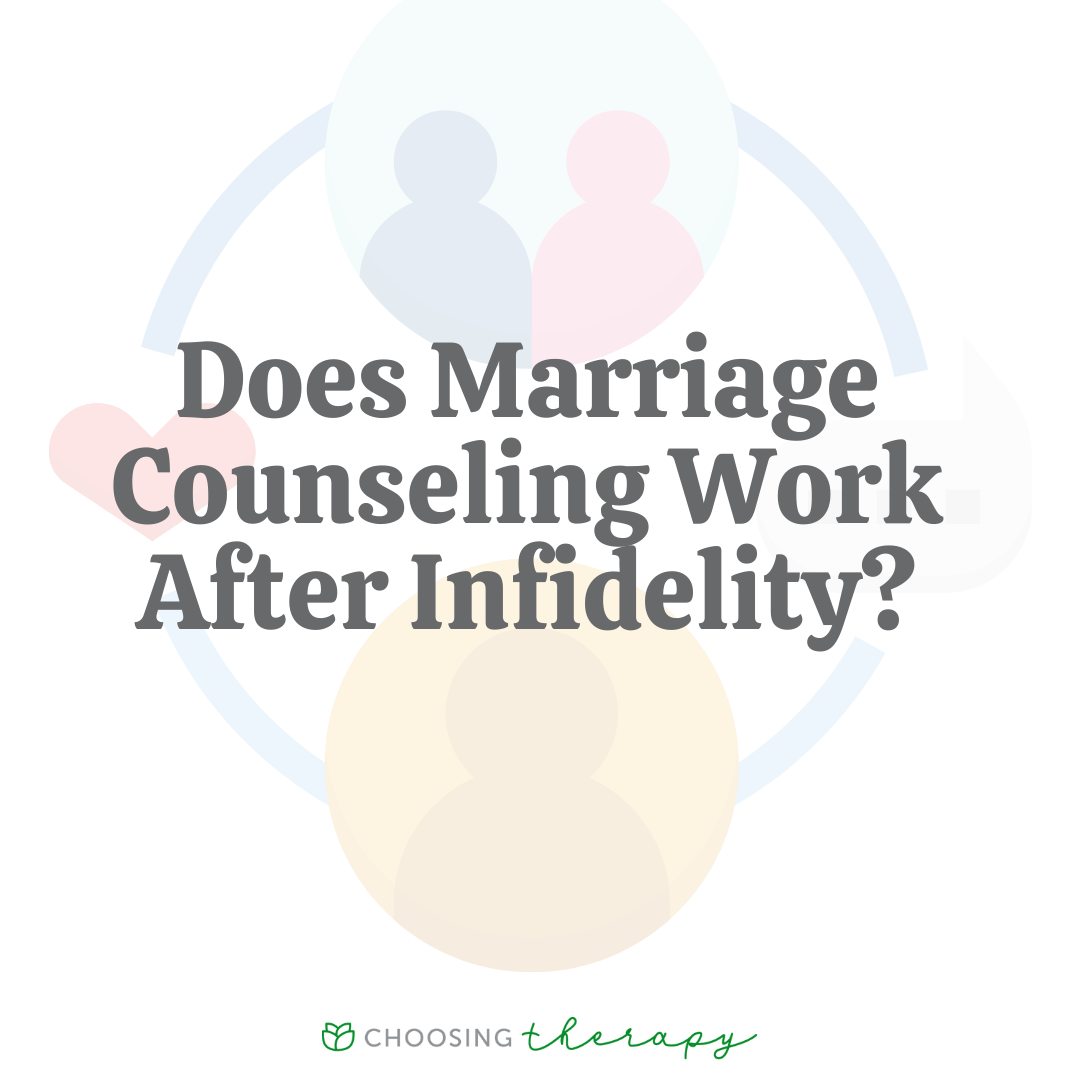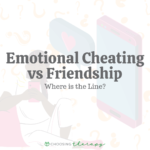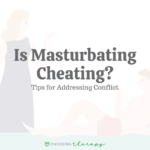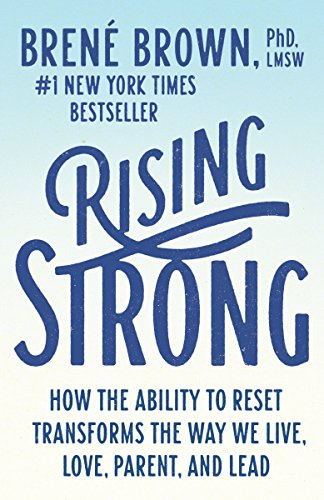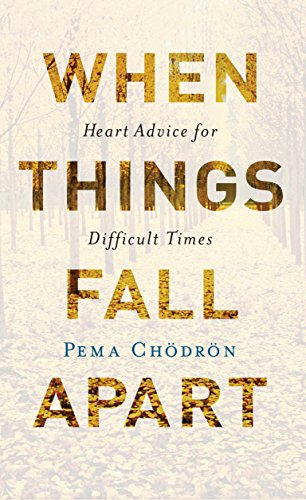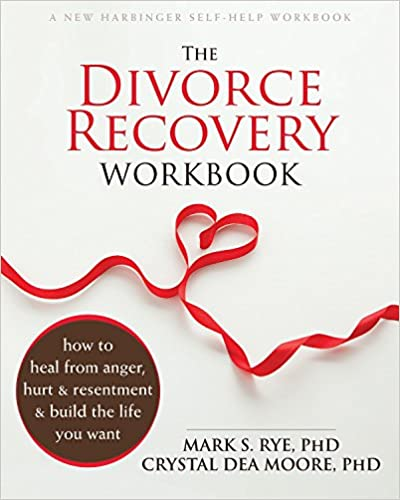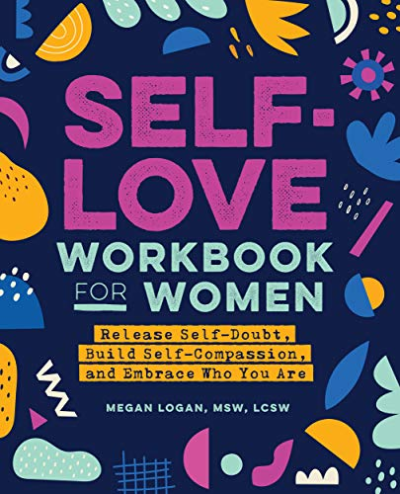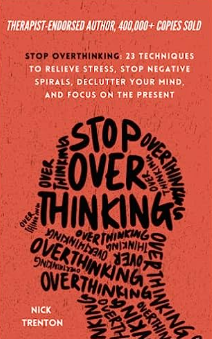
Learn More About Infidelity
Infidelity involves physical or emotional unfaithfulness in a partnership, and it often results in profound emotional damage. Healing requires both partners to take an honest look into what led to the infidelity, and deal with the parts of the relationship that were unsatisfying. When both partners are committed to repairing the relationship, trust and intimacy can be rebuilt. Below you’ll find articles and resources to help you both understand and deal with infidelity.
Featured Infidelity Articles

10 Questions to Ask Your Partner After Infidelity
Infidelity can be a tremendous shock to a partner. It can cause significant emotional distress and the person who was cheated is left to make sense of it all. Infidelity is not uncommon and is the most cited reason for divorce cross-culturally.1 With so many conflicted emotions, you may wish to ask questions in hopes of taking control of the situation. Asking questions can help you find clarity and reflect on your own needs as to how to move forward.
by: David Tzall, PsyD
20 Signs of a Serial Cheater & How to Spot Them
Serial cheaters consistently cheat on their partners, even when they’re in committed, monogamous relationships. They often struggle with poor impulse control and a lack of personal accountability. Some serial cheaters experience guilt over their actions, but others show little or no remorse. Most of the time, it is difficult for them to change their cheating habits, but with the right steps and intentions, it is possible.
by: Nicole Arzt, LMFTInfidelity: The Basics

Effects of Infidelity

Signs of Cheating

Responding to Infidelity

What “Counts” as Cheating?
Videos About Cheating & Infidelity
Read More About Infidelity












